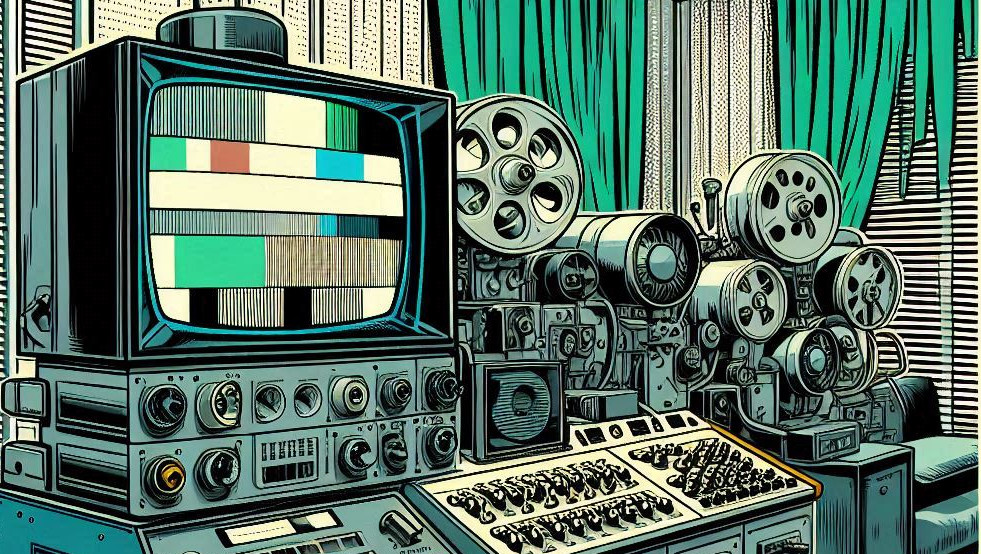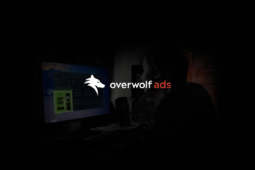Digest: UK Strikes AI Deal With OpenAI; YouTube Could Be Required to Prioritise Public Service Broadcaster Content; Dark Traffic Surges 49%
by on 23rd Jul 2025 in News

Today’s Digest discusses the UK striking an AI deal with OpenAI for public sector use, YouTube potentially being required to prioritise British public service broadcaster content, and ‘dark traffic’ surging 49% as ad blockers obscure 1 billion users.
UK strikes AI deal with OpenAI for public sector use
OpenAI has signed a wide-ranging agreement with the UK government to explore how its advanced AI models, including ChatGPT, could be deployed across the public sector. The memorandum of understanding was agreed by OpenAI CEO Sam Altman and the science, innovation, and technology secretary, Peter Kyle. The deal aims to identify practical applications for large language models in streamlining government services, solving complex national challenges, and improving public engagement with AI technologies.
Under the terms of the agreement, OpenAI and the UK government will collaborate on AI-driven solutions to “the UK’s hardest problems,” with specific focus areas including defence, justice, and education technology. The initiative also aims to enhance how citizens interact with public services and to support civil servants in working more efficiently.
“AI will be fundamental in driving the change we need to see across the country – whether that’s in fixing the NHS, breaking down barriers to opportunity or driving economic growth,” said Kyle. He also said the partnership gives Britain “agency over how this world-changing technology moves forward.
YouTube could be required to prioritise public service broadcaster content
YouTube and other digital platforms may soon be required to give greater visibility to British public service broadcasters, as Ofcom warns that institutions like the BBC and Channel 4 are at risk of becoming “endangered”.
In a report released on Monday (21st June), Ofcom called for urgent action to ensure the “prominence and discoverability” of content from public service broadcasters (PSB) on platforms that now dominate audience attention. As younger viewers increasingly turn to YouTube, TikTok, and Netflix, the regulator said it is critical that PSBs and YouTube “work together to ensure that PSB content is prominent on its service, and on fair commercial terms.” While Britain’s Media Act already guarantees PSBs prominence on connected TVs and smart devices, the regulator said the law must evolve to reflect shifting viewing habits.
“If no action is taken, the very existence of the PSBs will be threatened,” Ofcom warned. “Time is running out to save this pillar of UK culture and way of life.”
‘Dark Traffic’ surges 49% as ad blockers obscure 1bn users
The scale of web traffic hidden from publishers, “dark traffic” has surged by nearly 50% over the past three years, according to a new study by Ad-Shield. The report, based on more than five billion dark page views tracked across Ad-Shield’s publisher network in 2024 and 2025. It also drew findings from a consumer survey of 2,616 users, third party data, and previous industry data from 2019 to 2023.
Among surveyed users, fewer than half (48%) were fully aware they were blocking ads. Another 12% were only somewhat aware, and a striking 40% had no idea. When asked why they blocked ads whether actively or not, 23% said they simply preferred an ad-free experience, 6% cited frustration with intrusive formats, and another 6% pointed to privacy and tracking concerns.
Notably, the study found that most users didn’t actively choose to block ads, many were doing so unknowingly due to network-level blocking implemented by employers, schools, VPN services, browsers like Brave and DuckDuckGo, or public Wi-Fi systems.








Follow ExchangeWire